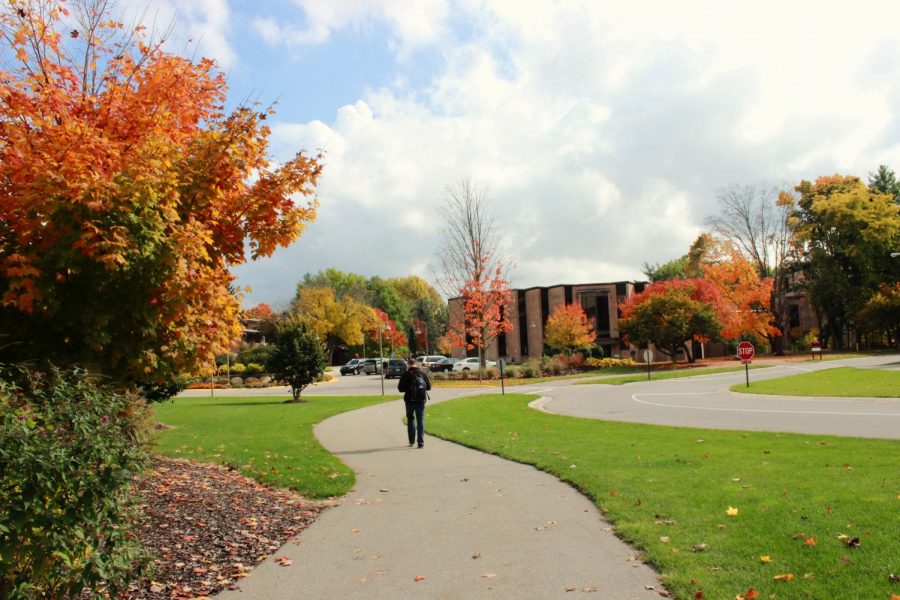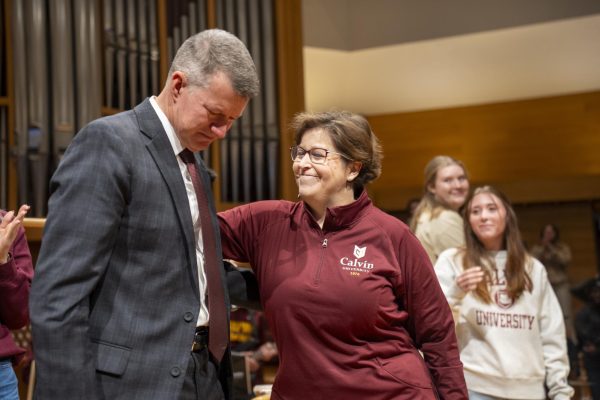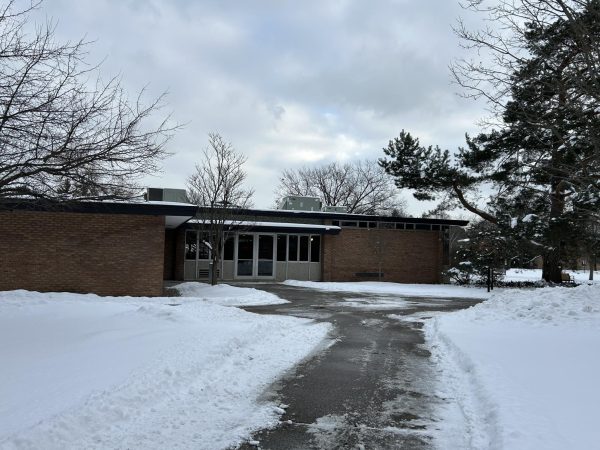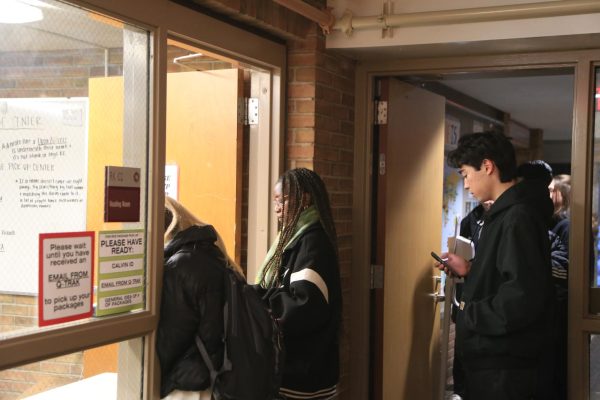Handling of sexual misconduct strives to balance safety, support with conduct code
The office of student conduct sat down with Chimes to discuss discipline policies at Calvin with regard to sexual misconduct.
“We are guided by the mission of Calvin. We are a Christian community, an educational community. We respond to everything with grace and truth,” said Jane Hendriksma, the dean of student conduct.
The student code of conduct, which can be found online, states: “In the area of sexuality, Calvin College expects students to follow biblical guidelines for intimacy and for sexual relationships. The student conduct code prohibits sex outside of marriage, casual sexual encounters, cohabitation, involvement with pornography, and internet cybersex.”
When a report is made about a violation of the sexual ethics outlined in the student conduct code, explained Hendriksma, the students involved are invited to speak to staff in the office of student conduct to explain and discuss the situation. From this conversation, the office proceeds to discuss how to best support the students involved with grace and truth as well as learning and growing.
In cases of sexual assault, the office of student conduct invites students to visit their office and express their concerns by talking to their staff members, who are trained to support students with such concerns. Hendriksma expressed that “the immediate concerns would be for safety and support.”
The office of student conduct starts an investigation whenever a concern is raised. Hendriksma emphasized that the office gives students the choice about how they wish to proceed in the case of sexual assault: options include presenting formal charges or getting a no-contact order. A “no-contact rule” is an administrative directive issued to the student and to the other party. It is not a conduct action that goes on a student’s record unless the restraint is violated, but it does allow space between the involved parties while the office conducts an investigation.
According to Hendriksma, the office of student conduct stands by their students by handling cases of sexual misconduct seriously and carefully. Sometimes students who raise concerns may not want to make a formal report or take legal action; however, Hendriksma maintains an open door policy, meaning that if students change their mind about taking action, she is there to support them and present them with options.
Hendriksma emphasized that safety and support of students are a priority, and that in handling cases of sexual misconduct, the staff aims for grace and truth.











